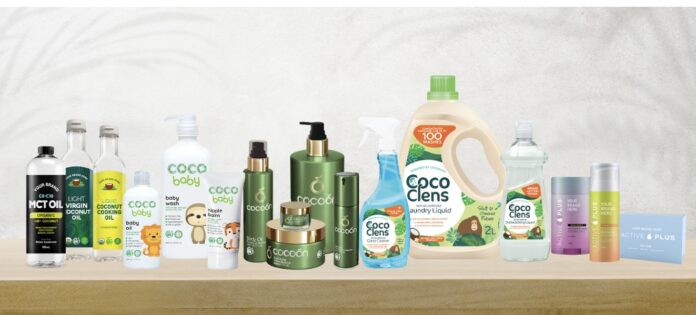D&L Industries Inc. subsidiary D&L Polymer and Colours Inc. (DLPC) announced on Tuesday the successful development of a cutting-edge technology capable of producing sustainable plastics using natural plant fibers, such as abaca and spider lilies. This breakthrough positions the company at the forefront of a global market increasingly focused on environmentally friendly materials.
Lester A. Lao, president and CEO of DLPC, said the new fiber-plastic technology offers wide-ranging commercial applications, from household appliances to automotive and electric vehicle (EV) components. The innovation leverages abundant local resources, turning what was once considered waste into a valuable, sustainable alternative to traditional plastics.
“The Philippines is home to an abundance of natural fibers, like abaca, that have long been underutilized. Even before sustainability and ESG became buzzwords, we began exploring how to incorporate these fibers into eco-friendly materials,” said Lao. He highlighted that while the new plastics are sustainable, they are not biodegradable, and manufacturing them will not be inexpensive.
The key challenge in the past had been the difficulty of processing abaca, known as the world’s strongest natural fiber, at scale. “Twenty-five years ago, the technology to process these fibers didn’t exist. Today, we’ve overcome these hurdles, thanks to significant technological advancements,” Lao explained.
The breakthrough technology can now process tough natural fibers without the need for traditional metal blades, which often wore out quickly due to the strength of the material. While abaca fiber is the primary material used in DLPC’s development, the technology is versatile enough to incorporate other locally available fibers, such as pineapple, spider lily, and vetiver, expanding its potential applications.
The resulting natural fiber composites can replace up to 40 percent of the plastic polymers used in a variety of products. These composites offer improved mechanical and chemical properties, making them not only stronger and more resilient but also lightweight enough to float in water, enhancing their appeal for both industrial and consumer products.
Lao noted that the composites’ potential uses are vast. “From consumer goods to construction materials and automotive parts, the possibilities are endless. And when these products reach the end of their lifecycle, they can be recycled or composted, contributing to better circularity and waste management,” he said.
DLPC is now focused on scaling up the technology to meet global demand, with the goal of integrating these sustainable materials into mainstream industries. As the world grapples with the need to reduce plastic waste, DLPC’s innovation represents a significant step toward a more sustainable future, tapping into the full potential of the Philippines’ rich natural fiber resources.







